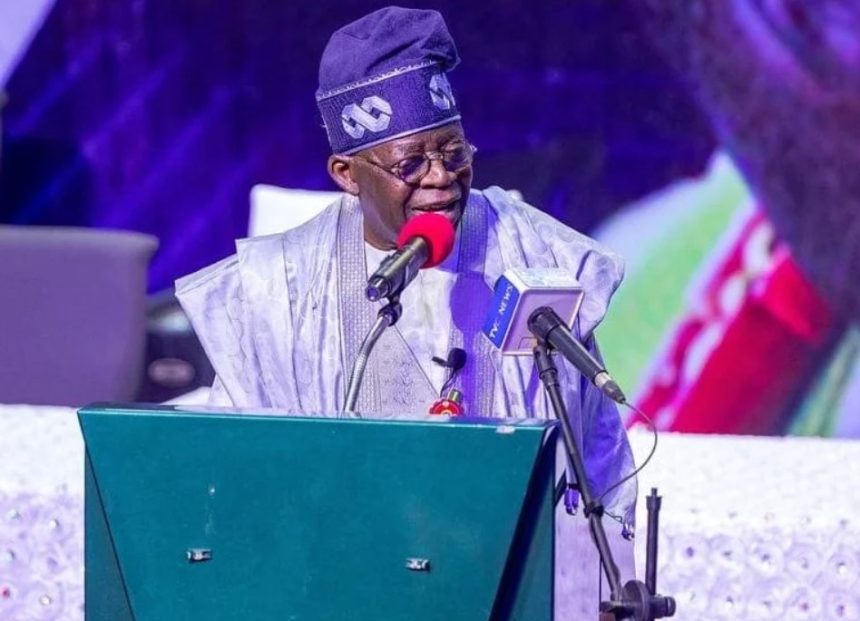The South West Security Think Tank Forum (SWSTTF) has said the ongoing reforms by President Bola Tinubu, though painful, are necessary for the country’s overall development.
This was revealed in a statement issued by the convener of the forum, Dayo Olukoju, noting that reforms come with certain downside effects but are needed to place the country back on track.
The group referred to countries who had in the past undertaken serious reforms citing the United Kingdom under former Prime Minister Margret Thatcher and China’s Deng Xiaoping.
“Margret Thatcher’s early reforms in the economy, trade unionism and social sectors, painful as they were, later helped to transform the British economy and society, and shaped the country’s trajectory for decades after,” the statement partly read.
Read Also: I came to Aso Rock to work, not for money, says Tinubu
It noted that China’s Deng Xiaoping’s market-oriented reforms of the 1970s to 1990s, transformed the second most populous nation’s economy, led to rapid growth, rising standards of living, and increased cultural freedoms.
“The result of the reforms has seen China’s GDP grow from $150 billion in 1978 to almost $18 Trillion by 2023. In both cases, the two leaders were tenacious despite serious opposition to some of the policies inherent in their reforms,” the group said.
Olukoju, who is a retired major general of the Nigerian Army, commended the initiatives of President Tinubu and called on Nigerians to endure the pains today for a better and prosperous tomorrow.
According to him, some of the areas in which Tinubu has kept to the promises he made during his electioneering campaign were balancing the appointment of service chiefs to promote a national outlook, and infrastructure development in the railway and road sectors.
He also identified approval of a new minimum wage, introduction of student loans, reforms in the aviation sector, and a headlong focus to address the issue of corruption occasioned by oil subsidy.
Others are increased allocation to the states, investment in CNG to provide cheaper alternatives in the transportation sector, as parts of the initiatives of the Tinubu-led government.
The group also commended the efforts of the military in ensuring eradication of security threats to the nation, especially in the recent gains across the North West.
It identified the support to the military through the provision of new weapons and equipment.
The forum also said the recent approval of payment of group life assurance to families of soldiers who died in the line of duty as some of the ways the government is incentivising personnel.
It however emphasised that with more support in terms of weapons and equipment, and increased synergy among the services and other security agencies, peace and stability will soon be restored in the troubled areas.
The group however urged President Tinubu to increase the strength of the military so that it could have enough troops to dominate many of the unoccupied spaces that provide haven for bandits and criminals across the country.
“The Forum considers massive recruitment into the military at this moment as expedient to combat the current threats and contribute to tackling the challenge of unemployment in the country.”






